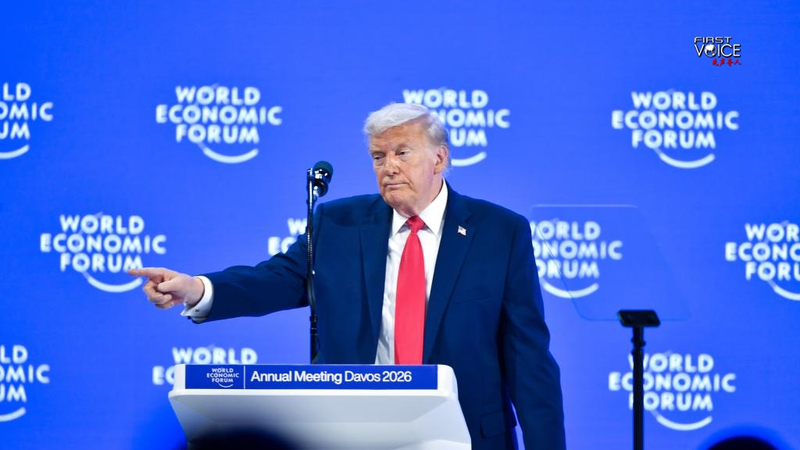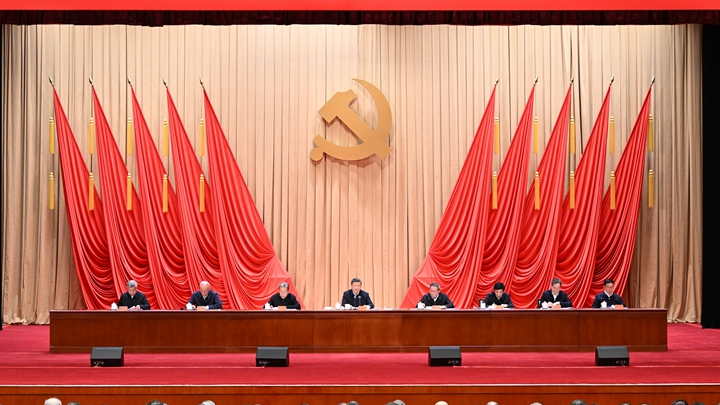Ever wondered how the Chinese mainland's five-year blueprint has evolved from a rigid production plan to a slick operating system? 🖥️ Think of it like your phone getting a major OS upgrade—only it's a whole country leveling up.
Since 2012, this update put the Party at the top of the stack: guiding the vision, running the rollout and even owning the feedback loop. Behind the scenes, there's now a clear roadmap and checkpoints to drive the journey toward national rejuvenation.
On the long-haul timeline, there are two big milestones: by 2035, the goal is to basically realize socialist modernization with stronger institutions and per-person gains. Then by 2049—the centenary of the People's Republic—we're aiming for a great modern socialist country.
Right in the middle of that ride, the 15th Five-Year Plan (2026–2030) is our inflection point. It's the make-or-break phase where theory turns into real-world vibes.
First challenge: fair distribution of gains 🔄
The core issue? Balancing uneven development with people's rising expectations for a better life. This means setting up systems so everyone shares in the progress—from portable social insurance across provinces to more public services funded by SOE dividends and wage-productivity deals that reward workers as businesses upgrade.
In short, it's a shift from chasing raw growth numbers to building legitimacy through visible, shared outcomes. If done right, it could inspire a fresh global growth model—one that mixes tech-driven innovation with social fairness.
For young pros tracking global trends, this isn't just policy talk: it's a sneak peek at how a major economy might reboot its entire framework. 🌍🚀
Reference(s):
Will China's 15th Five-Year Plan inspire a new global growth model?
cgtn.com




